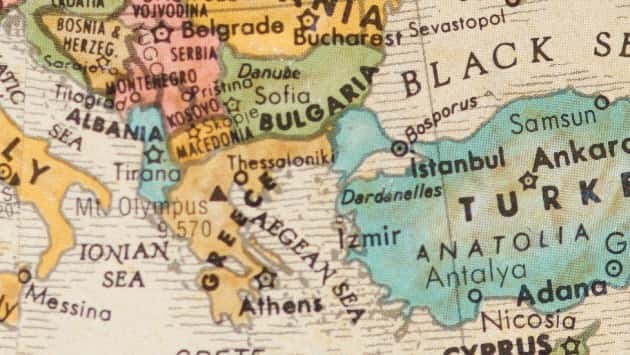A somewhat insensitive title in these times you might think and you might be right. Or not, once you understand what I mean.
You see I am not referring to death, but to a strategy that we all can apply to make our lives less stressful. It’s a strategy used commonly in intercultural situations, but has much more far-reaching applications.
I’ve spent my life trying to be an accepting and open person – to the best of my ability. I truly believe in live and let live. I try to see other people’s perspectives and have trained myself to look for an explanation behind behavior I might not understand. My choice of career in cultural competence and communication is a way to try and spread the word of tolerance and acceptance.
But recently I find myself becoming less tolerant. I find myself condemning the actions of people who do not follow the government regulations around corona protection. I find myself becoming irate at the ‘egoistic morons’ who are traveling to a ski resort over Easter. I don’t understand why they can’t be more self sacrificing and not prioritize their holiday over the greater good. I see an elderly person in the supermarket and think ‘wtf, why isn’t she at home, the old fool’. I think, in general, people are ‘stupid’ if they take the bus or sit too close to each other, or do anything that I judge to be wrong.
It isn’t untypical that we judge people and their behaviour. We hear it all the time – not least in social media. And I think in times of crisis or stress, we become even more judgmental and, even, moralistic. In these situations it would be good to DIE!
DIE is a strategy developed by cultural researcher Milton Bennett to help us mindfully withhold judgement. It stands for Describe, Interpret, Evaluate. Let’s apply it to one of the scenarios above.
D – describe the scenario as neutrally as you can. Ok, I saw an old lady in a supermarket buying food. She was carrying a small basket. She was not at home.
I – interpret – what are the various reasons why this might have happened and why she isn’t staying at home? Ok, she doesn’t have a tv and is unaware. She has short term memory loss. She is so sick she doesn’t care. She doesn’t trust anybody else. She is lonely. She has previously been tricked out of money. She has already had corona and recovered.
E – evaluate – what do you think of the situation now?
DIE is not a strategy that gives us any answers. However, it is a strategy that helps us to see the perspectives of others and remind us that we don’t understand everybody’s motives. It encourages us to stop negatively judging others, and instead to be more reflective.
Using DIE encourages us to foster self awareness of our assumptions and be more tolerant and accepting. And heaven knows the world needs more of that!
So the next time you find yourself judging or jumping to a conclusion – try to DIE the situation instead.









